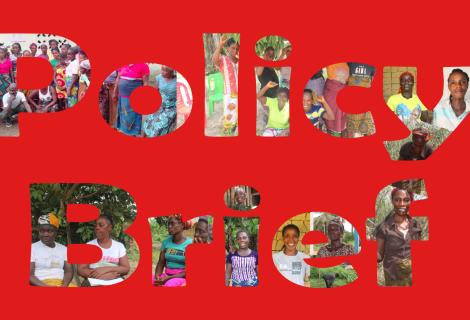
The Land Rights Act, approved in 2018, has since documented huge discriminations in land and natural resource administration, emphasizing the respect for community land rights, financial transparency, and efficiency in using Liberia’s natural resources.
In Liberia, Women make up 50.2% (2.61 Million), and 34% of the population falls within the young people bracket of ages 10-24. Women are dominant figures in agriculture and economic production, and land is a significant source of livelihood for women, who account for approximately 80% of the agricultural labor force and are responsible for 93% of food crop
production. (GoL, 2009).
Despite women constituting over 50% of Liberia's population and playing a pivotal role in agriculture, they face unequal access to land. Young women, in particular, encounter obstacles in decision-making processes due to traditional norms and discriminatory practices. While a positive step, the Land Rights Act falls short of fully protecting young women from such biases.